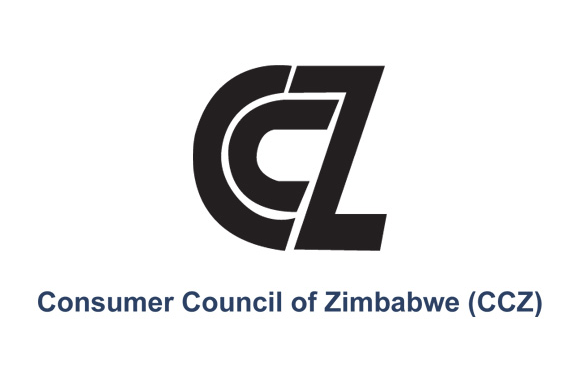
BY TATIRA ZVINOIRA
Consumer Council of Zimbabwe (CCZ) chairperson Philip Bvumbe says the new plethora of taxes introduced by Finance minister Mthuli Ncube would significantly weigh down consumers and further erode their spending power.
In his mid-term 2019 fiscal review announced on Thursday last week, Ncube increased electricity tariffs threefold, and nearly did the same for fuel imports, and hiked charges for State services and goods. Ncube also increased the money transfer tax on mobile money agents. As a result, these actions are expected to hit consumers hard, as the devaluing local currency continues to erode monthly salaries’ purchasing power.
“The impact will cause a major shock in terms of further eroding consumer spending power, that is all I can say on that one. It is unjustified to the ordinary person, unaffordable and we continue to bear the brunt of suffering. A lot of people will not be able to afford those tariff increases, which means the standard of living and welfare for consumers are being compromised almost on a daily basis,” Bvumbe told NewsDay yesterday.
He said the mid-term review document should have focused more on the hyperinflationary situation in the country.
“If you look at 2007, 2008 we are back to that vicious cycle. The only difference is that the goods are available in the shop, but at exorbitant prices which consumers cannot afford. The rest of the fundamentals are the same if you check,” Bvumbe added.
Over the weekend, fuel went up to $9,06 and $9,01 per litre for diesel and petrol sold, respectively, from $7,22 and $7,55. Electricity tariffs were raised to 27 cents/kWh (3 US cents) from 9,86 cents (US1 cent) per kilowatt hour (kWh).
Government also increased prices of its services and goods.
- Chamisa under fire over US$120K donation
- Mavhunga puts DeMbare into Chibuku quarterfinals
- Pension funds bet on Cabora Bassa oilfields
- Councils defy govt fire tender directive
Keep Reading
These changes come at a time when most food and non-food commodity prices have been rising since January. The annual inflation rate was reported to be nearly 176% at the end of June, nearly doubled from May levels. The National Consumer Rights Association (Nacora) issued a statement over the weekend strongly condemning last week’s mid-term 2019 fiscal review, describing it as unacceptable and a punishment on the consumer.
“The hiking of the cost of electricity and the widening of taxes on mobile money transactions, together with a raft of other inflation-driving measures, will not only burden the impoverished consumer, but will also drive the costs of doing business, which cost will be passed on to the consumer,” Nacora said.
“As a direct consequence of the budget announcement, there is no doubt that fuel prices will go up and so will be the price of bread, mealie meal, rice, sugar and other basic commodities. Business will push the cost of electricity, fuel and transactions to the already over-burdened consumer.”
Nacora had hoped that the mid-term review would address the shortage of bread, make goods and services available at an affordable price for all consumers everywhere; reduce the cost of living, arrest rampant corruption and contain inflation to single digits.
Nacora also expected the budget to “reduce the tax burden on both the workers and consumers in general; create high paying jobs; ensure workers are paid cost-of-living adjusted salaries; improve the living conditions of workers; improve service delivery; reduce the costs of electricity, fuel, education, health care and other services; and make it easy for businesses to do business and generate foreign currency”.











